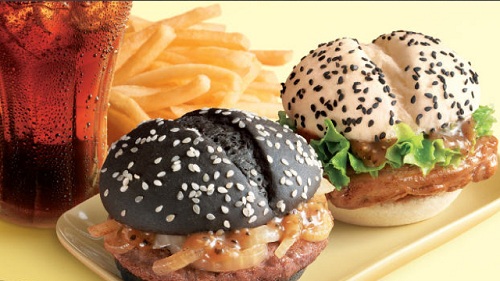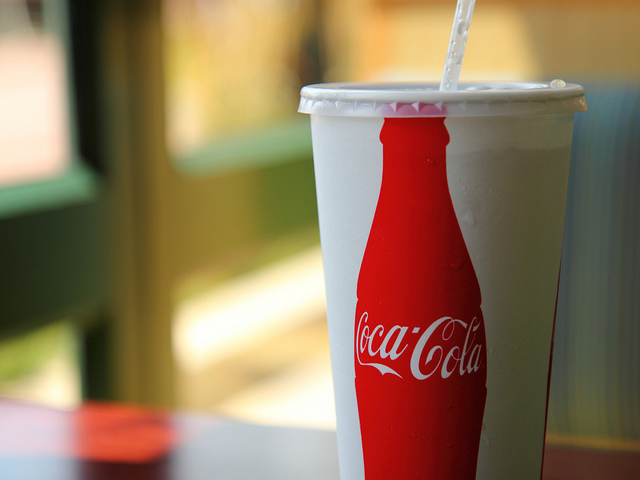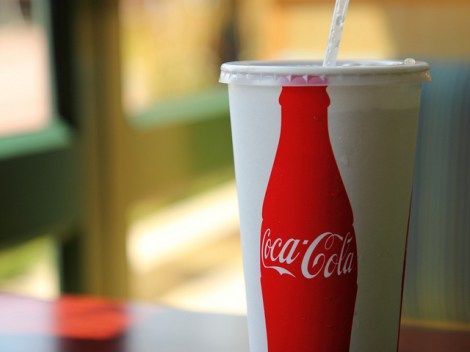Well, it’s done. The New York City Board of Health voted unanimously (with one abstention) to ban the sale of large, sugary drinks — with a few caveats.
The measure, unless blocked by a judge, will take effect in six months. The health board vote was the only regulatory approval needed to become binding in the city, but the American soft-drink industry has strongly opposed the plan and vowed this week to try to fight the measure by other means, possibly in the courts. … The soda measure would bar the sale of sweetened drinks in containers larger than 16 ounces, smaller than the size of a common soda bottle. It would affect a range of popular sweetened beverages, including energy drinks, presweetened iced teas and common brands of nondiet soda. The restrictions would not affect fruit juices, dairy-based drinks like milkshakes, or alcoholic beverages; no-calorie diet sodas would not be affected, but establishments with self-service drink fountains, like many fast-food restaurants, would not be allowed to stock cups larger than 16 ounces. Only establishments that receive inspection grades from the health department would have to obey the rules, a group that includes movie theaters and stadium concession stands. Convenience stores, including 7-Eleven and its king-size “Big Gulp” drinks, would be exempt, along with vending machines and some newsstands.
The soda companies are quite upset about this, of course, since it turns out that they make a ton of money selling mixtures of water, carbonation, flavor, and sugar, and that they would prefer to keep making a ton of money doing so, and that they are not overly worried if their customers are increasingly unhealthy as a result of consuming said mixtures. They even have a little group called New Yorkers for Beverage Choices, which they pretend is regular ol’ run-of-the-mill people from New York — yer subway conductors and yer Yankee fans and so on — but is almost entirely just an astroturf campaign. At one of their events, it was discovered that the crowd was comprised solely of mannequins made out of Coke bottles. (That’s not a true story.) (They were Pepsi bottles.)
We’ve written before about why this is a good thing for the city. In short: People consume the portions with which they are presented. Give someone a giant bowl of sugar to eat and they’ll eat it. By limiting portion size, the city expects to prompt a significant decrease in obesity — which the health department suggests contributes to 5,000 premature deaths annually. New York City has been at the forefront of addressing the obesity epidemic. In 2008, the city began mandating that chain restaurants display calorie information — a trend that will soon spread to include every McDonald’s in the country. As a New York City resident (and not a subway conductor, or a conglomeration of Pepsi bottles, or — especially — a Yankee fan), I say: right on.





